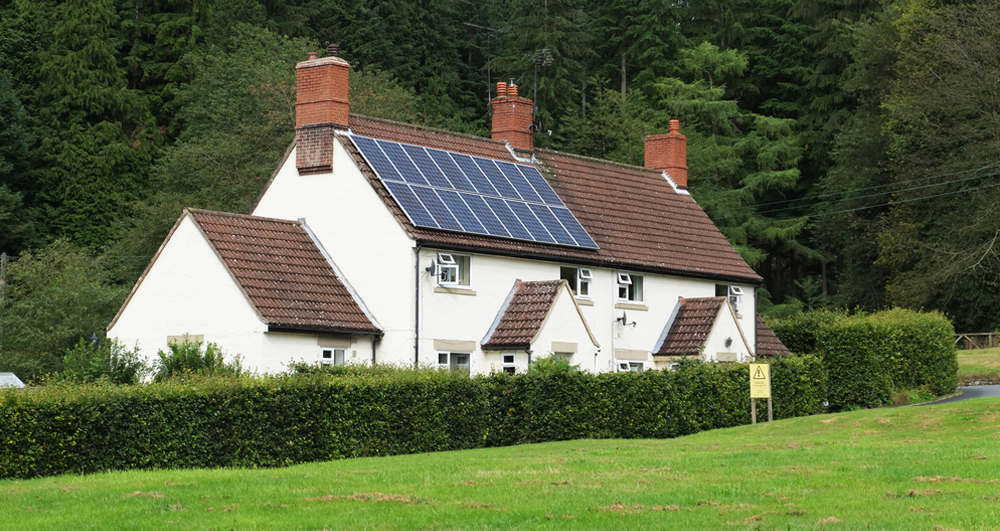You’ve invested in solar panels to reduce your energy bills and embrace renewable energy. But if you’re expecting your panels to keep your lights on during a power cut, you might be in for a surprise.
Despite having solar panels on your roof generating electricity, your home will still plunge into darkness when the grid goes down. This comes as a shock to many homeowners who assume their solar panels make them independent from the national grid.
The reality is your solar panels are designed to automatically shut down during power cuts for safety reasons. So, to keep your home powered during outages, you need more than just solar panels. You’ll need a specially configured system combining solar panels, solar battery storage, and specific electrical installations.
Let’s explore exactly what this means for your home and how you can achieve true energy independence.
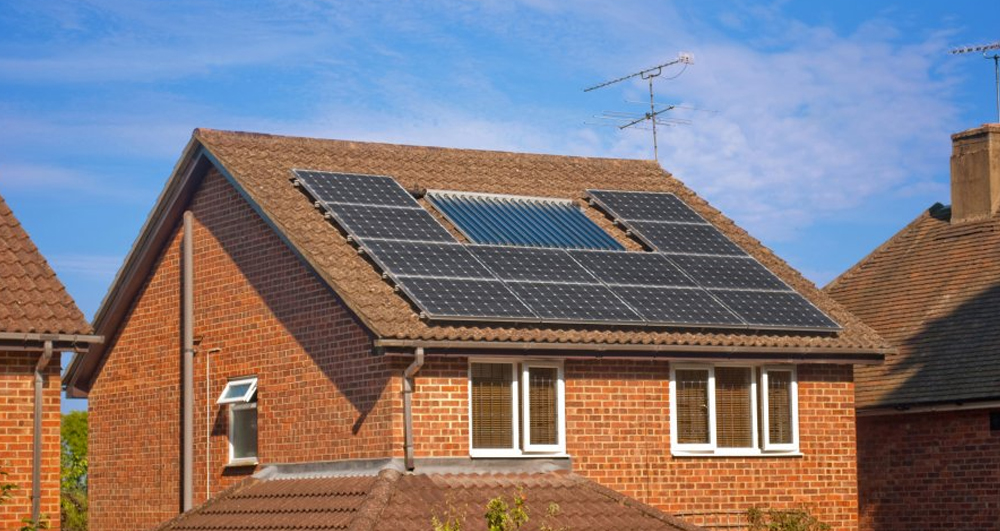
Why Your Solar Panels Stop Working in a Power Cut
Your solar panels are constantly working with your home’s connection to the national grid. During normal operation, your panels generate electricity that flows through your inverter, powers your home, and can even send excess energy back to the grid.
But this connection comes with an important safety requirement. Your inverter must include automatic shutdown protection – a feature that detects when the grid loses power and immediately stops your panels from generating electricity. This isn’t optional or a special feature. It’s a mandatory safety requirement for all residential solar installations in the UK.
If you’re wondering why, it’s because it saves lives. During a power cut, utility workers need to safely repair power lines in your local area. If hundreds of homes with solar panels kept feeding electricity into the grid, it would create life-threatening conditions for these essential workers.
This means that even on the sunniest day, when your panels could be generating plenty of power, they’ll remain inactive until grid power returns. Again, it’s not a flaw in the system. Rather, it’s an intentional design that protects lives.
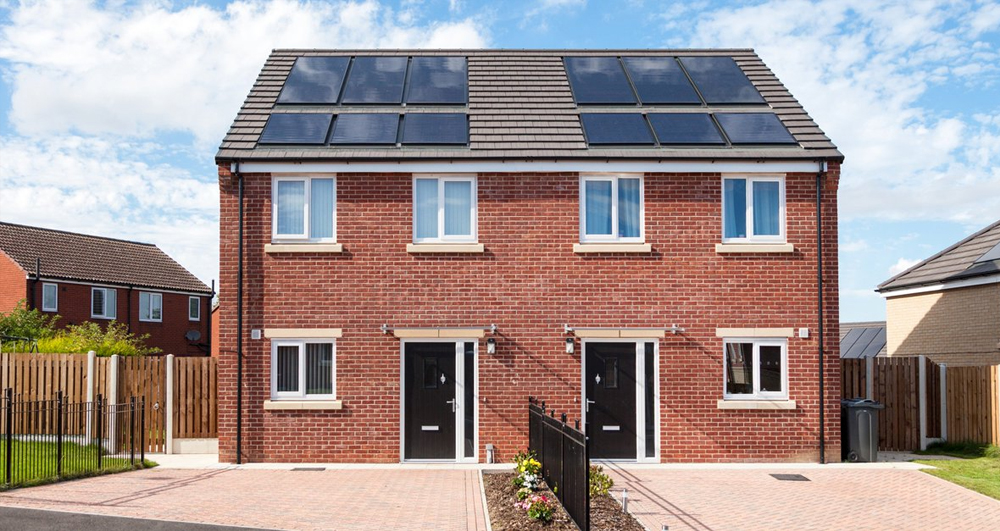
Making Your Solar Panels Work During Power Cuts: The Solar Battery Solution
Now you understand why your solar panels shut down during outages, let’s explore how to keep your home powered. The answer lies in adding a solar battery system. But not just any battery system will do.
Solar batteries store the excess energy your panels generate during the day. However, for true power cut protection, you need a solar battery with specific backup capabilities. Many standard solar batteries focus solely on storing energy for evening use and lack the crucial “Emergency Power Supply” (EPS) feature needed for backup power.
When installing a solar battery for power cut protection, you’ll often be offered two different options for backup power delivery:
- Essential loads system: Powers only critical appliances like your fridge, lights, and Wi-Fi router
- Whole-home backup: Automatically switches your entire house to battery power when the grid fails
The key difference between standard solar batteries and those with backup capability lies in their installation and wiring. Backup-capable systems include specialist components that safely disconnect your home from the grid during power cuts while maintaining power to your circuits. Some will need specialist additional wiring, whereas top-of-the-range batteries will include features to automatically switch over straight out of the box.
Something else to bear in mind is that installing a solar battery later often costs more than including one with your initial solar panel installation. So, don’t forget to factor that in when weighing up overall installation costs.
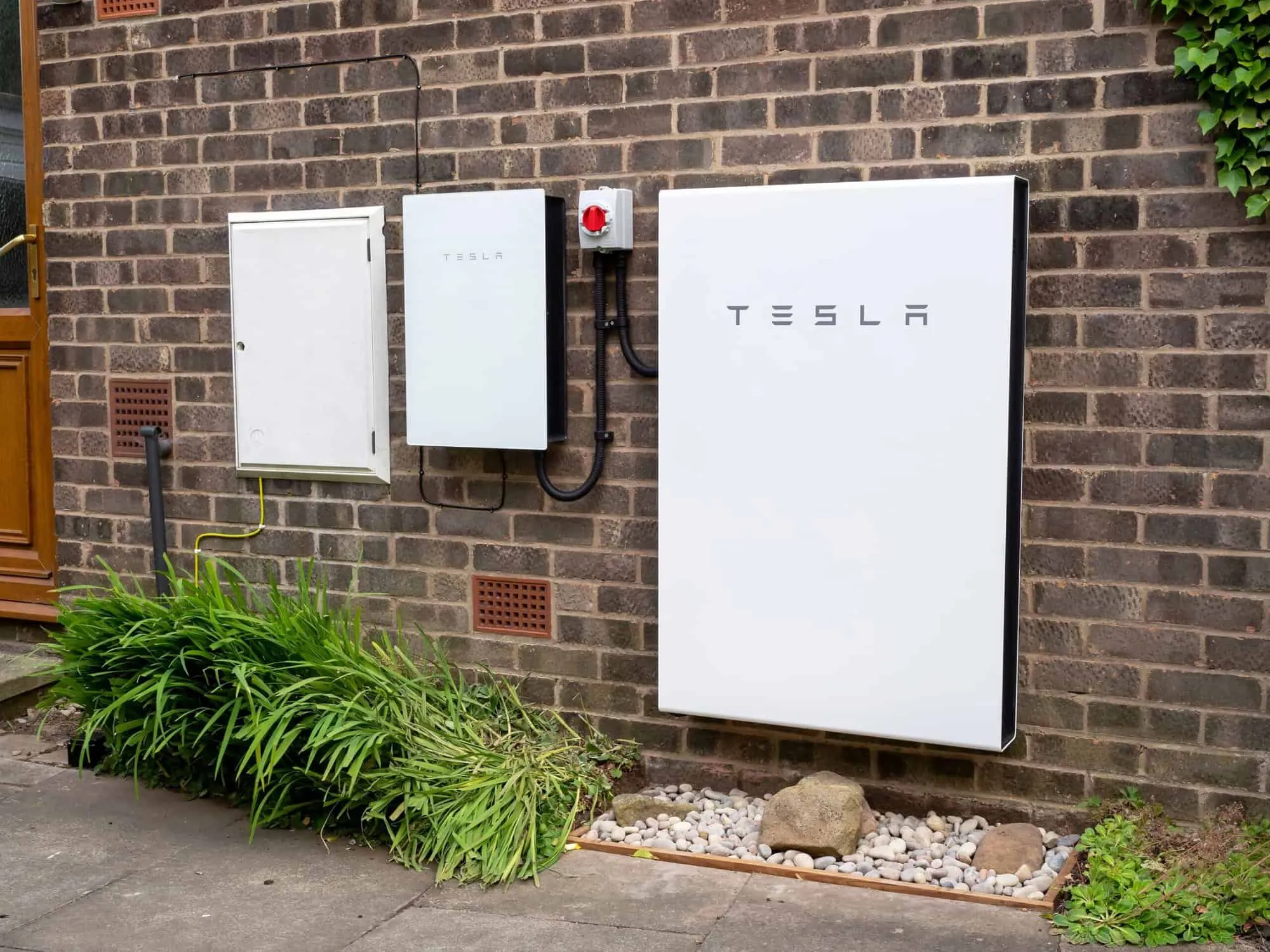
Are UK Power Cuts Common Enough to Justify Solar Battery Backup?
Before investing in a solar battery backup system, it’s worth understanding how power cuts might actually affect your home. The statistics paint an interesting picture of the UK’s power supply reliability.
A quarter of British households face at least one power cut annually, with the typical outage lasting around two and a half hours. Here’s how these outages typically break down:
- 27% of power cuts last between one to two hours
- 11% stretch to three to four hours
- Most remaining outages are resolved within the same day
Your location plays a crucial role in how vulnerable you are to power cuts:
- The North West faces more frequent storm-related outages than many other parts of the UK
- Coastal areas are at highest risk of power cuts during severe weather
- Rural locations typically see longer resolution times
So when considering whether or not to make your home grid-independent (and pay extra to do so, consider your local area’s specific patterns:
- Do you live in a storm-prone region?
- Has your street/neighbourhood experienced repeated outages?
- Are you in an area with ageing power infrastructure?
- Does your home rely on electricity for essential medical equipment?
For many households, occasional short power cuts might be a mere inconvenience. However, if you work from home, run a home business, or have critical electrical needs, even brief outages could cause significant disruption.
Once you’ve lived in your home for an extended period, you’ll develop an understanding of your local power cut patterns, which will help you make an informed decision about investing in solar battery backup.
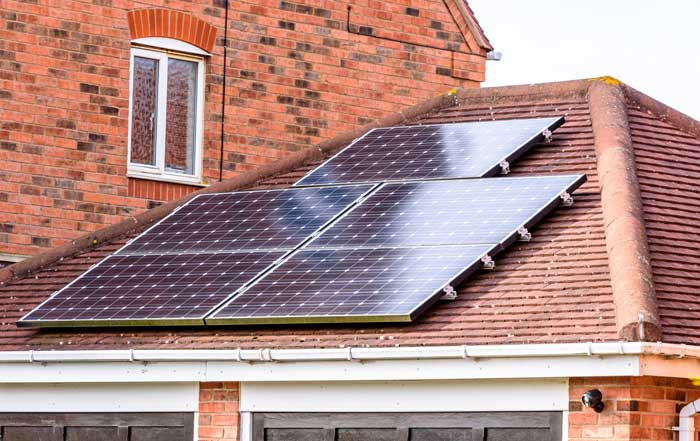
Should You Get a Solar Battery System for Power Cut Protection?
We’ve explored why solar panels alone won’t keep your lights on during power cuts, how backup-capable solar batteries can provide that crucial power security, and whether your location makes you particularly vulnerable to outages. The decision ultimately depends on your specific circumstances, local power reliability, and how much you value an uninterrupted power supply.
If you’re considering adding backup power capabilities to your existing solar panel system or planning a new solar installation with battery backup, Applegarth’s expert team can help you make the right choice. With years of experience in designing and installing solar solutions across the UK, we’ll assess your home’s specific needs and recommend the most suitable system for your requirements.
Ready to explore your options? Contact us today for a free consultation and site survey. Call us on 0151 649 8350 or email info@applegarth.co.uk to discuss how we can help secure your home’s power supply.


